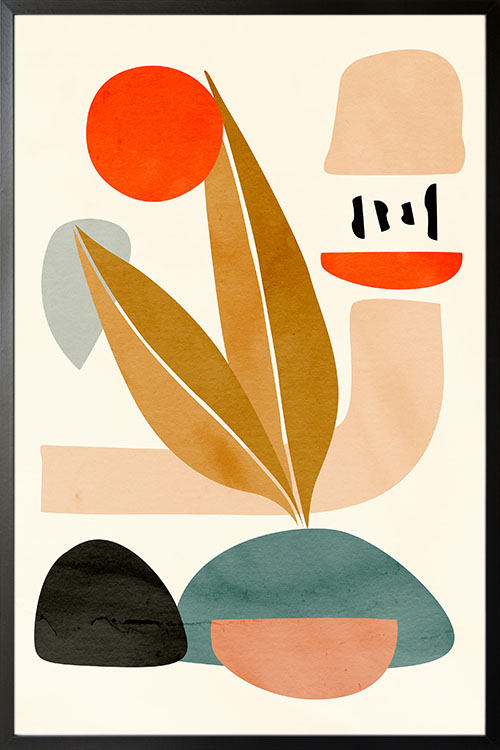
A poster art in warm and enticing colors. Add life to your home with a vibrant art in poster print. This will not only make a beautiful wall accent, it will likewise create a festive mood that is perfect for all occasions.

A poster art in warm and enticing colors. Add life to your home with a vibrant art in poster print. This will not only make a beautiful wall accent, it will likewise create a festive mood that is perfect for all occasions.
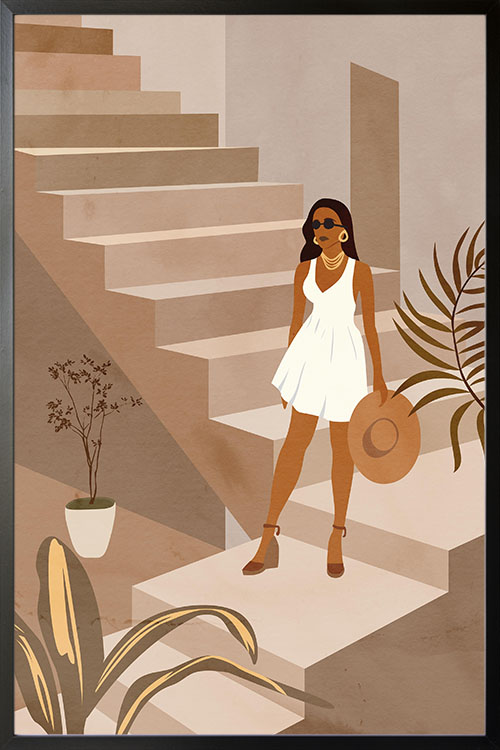
Sophisticated and classy art for an attractive room interior. Display this art to create a lovely space that can easily be appreciated by its audience. The neutral colors can bring balance to the overall room atmosphere and will likewise make any room look lively.
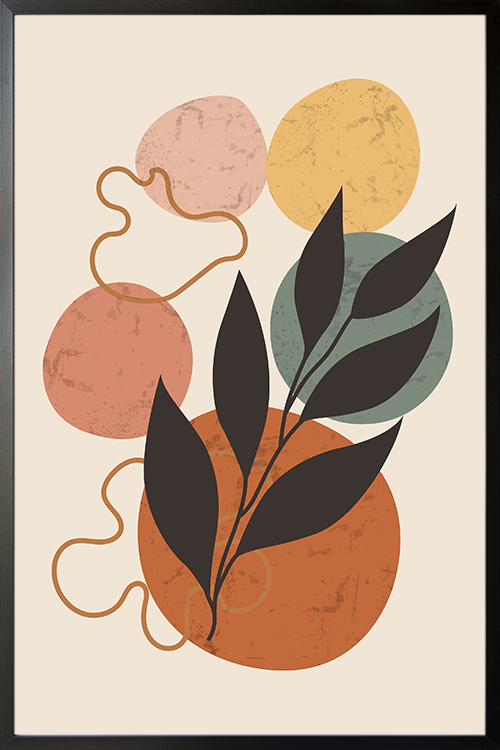
Stones and leaf in attractive colors and interesting texture. Add a natural vibe to your interior with a poster that features nature. This is a simple and remarkable art that can give your wall a touch of nature. Created in attractive colors, this poster will add fun and excitement to your room or space.
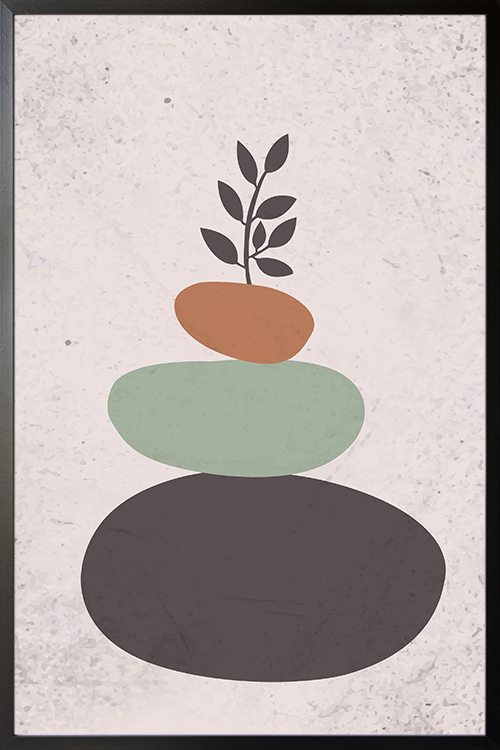
In earth colors, the art evokes a refreshing feel and appeal. Display on the walls of the living room or the bedroom for a calming vibe.
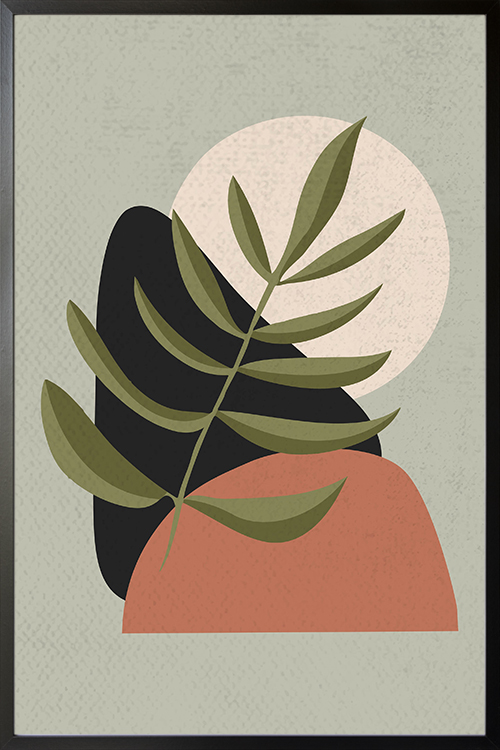
An image of stones and leaf in natural colors. A poster print that will give any room a touch of nature. This poster art is one of the nature-inspired posters that will add vibrancy to your room or space. In earth colors, the art evokes a refreshing feel and appeal. Display on the walls of the living room or the bedroom for a calming vibe.
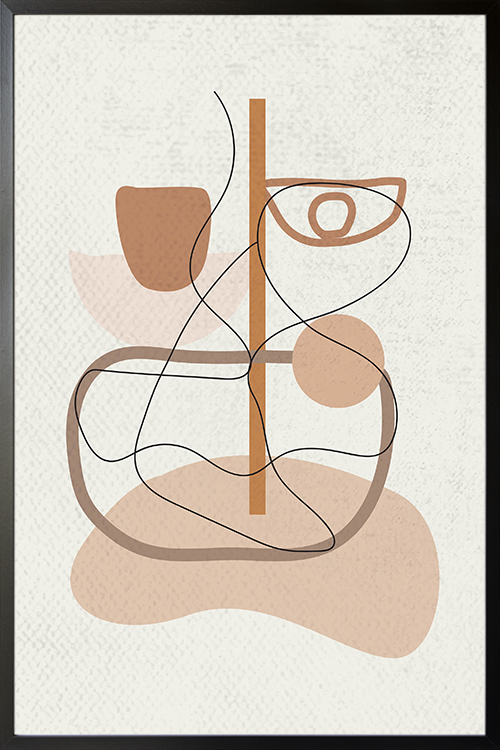
Abstract art that will give life to your room or space. This is a remarkable poster print in abstract form. In muted colors, this poster will look great on any plain and simple-looking wall. It can also blend well to an interior with a minimalist and Scandinavian design style.
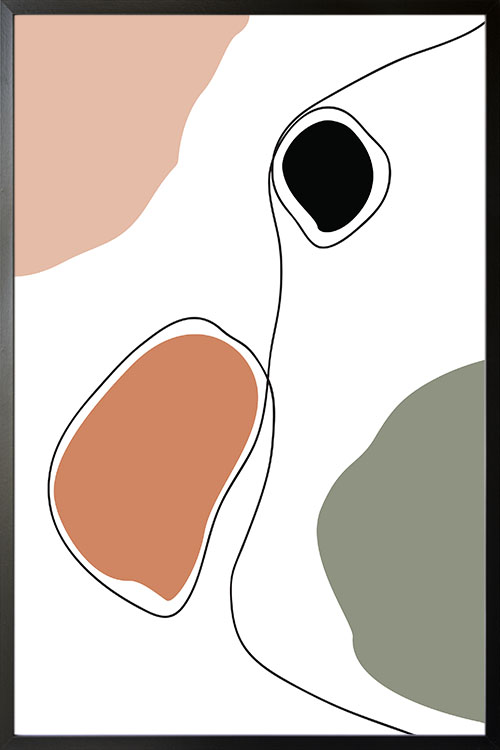
A simple yet awesome display of colors and shapes. A poster art that is perfect for any occasion. The neutral colors are simply marvelous and will look best in any minimalist room. This poster art will be the highlight of your space and will impress your family and friends.
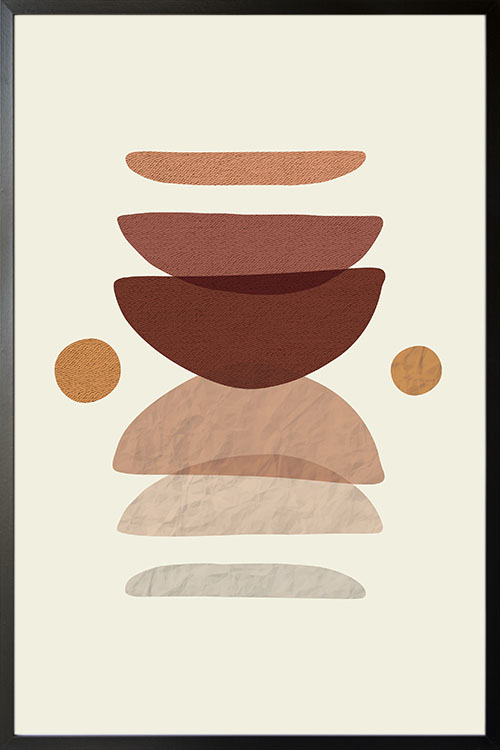
A creative image of shapes in abstract form. Transform any wall of your room into something that will look more fun and interesting. Displaying this poster art features various shapes in abstract form. With neutral tones and cream colored background, any space will look cool and fantastic.
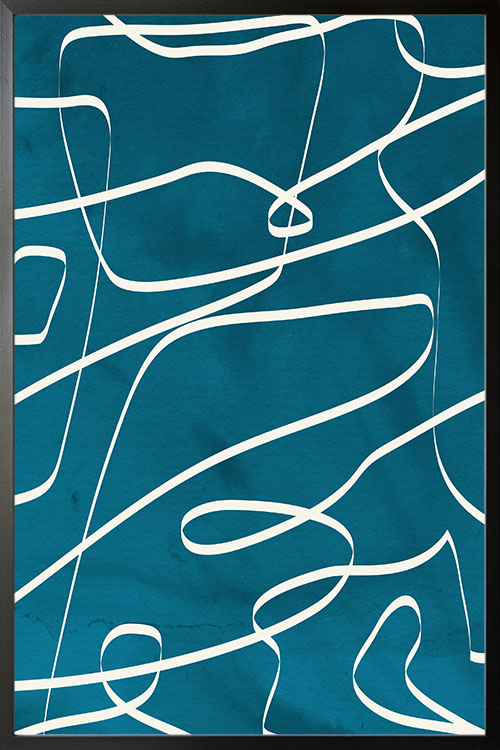
An abstract art featuring scribbles of brush strokes. A simple yet remarkable poster art that features scribbles done by brush strokes in black. Displaying this art is a perfect way to add accent to any wall making them more fun and exciting. With a cream-colored background this poster art will be able to set the atmosphere to any room.
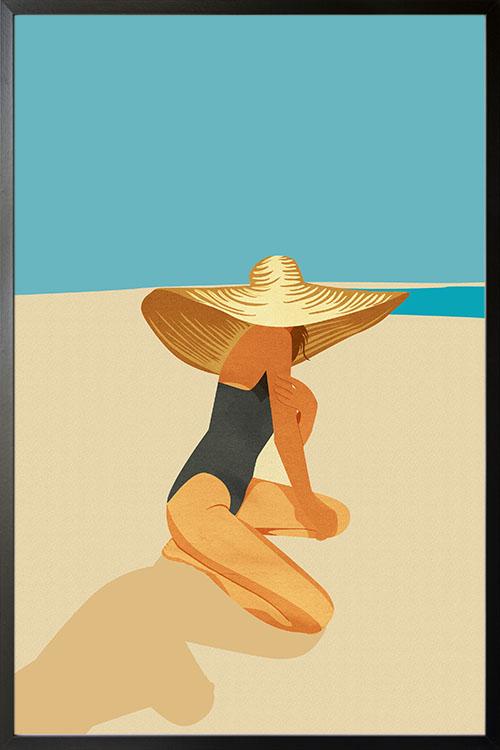
A simple yet attractive image of a woman wearing a hat on a beach. A poster art that will take you on a vacation. It features a woman in a relaxing position on the beach wearing a hat. The colors used are simply attractive and will make remarkable difference to the overall appearance of any wall.